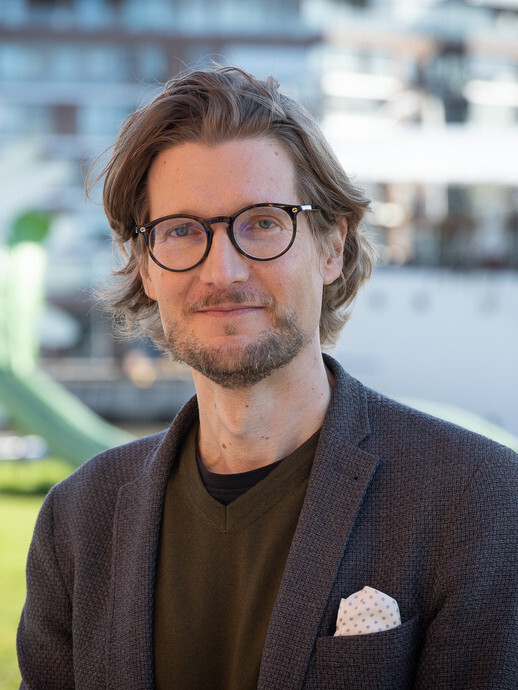Researcher in Spotlight: Tatu Hyttinen
The Researcher in Spotlight is a series which introduces the researchers of the Faculty of Law. In September we are presenting Assistant Professor Tatu Hyttinen.
Assistant Professor Tatu Hyttinen
Position in the Faculty of Law: Assistant Professor in Criminal Law (tenure track)
Degrees: Doctor of Laws, Master of Social Sciences
Fields of interest
Criminal Law and criminality, Criminal Law Theory and Basic Principles of Criminal Law, Economic crime, Criminal Procedural Law, Equality in Criminal Law, The impact of fundamental and human rights on Criminal Law. In general, everything that relates to crime and punishment and criminality.
Describe your career path. What led you to where you are today?
The University of Turku is my alma mater, which means I have been lucky. In addition to my law degrees, I have been able to study a degree in Social Sciences at the University of Turku.
I started my academic career more than ten years ago at the University of Turku. During my career, I have worked as an Assistant, Doctoral Candidate, Postdoctoral Researcher, Researcher, Senior Researcher, Senior Lecturer and now as an Assistant Professor in Criminal Law. I believe I represent the prototype of an academic career.
In 2018-2020, I worked a while at a District Court and at the University of Eastern Finland. I enjoyed the variation and found myself liking both Judge tasks and working at the University of Eastern Finland. However, I was drawn back to my alma mater. I was very happy to be appointed as an Assistant Professor in summer 2020.
My career has been a mix of chances. For the many possibilities, I am indebted to my teachers, colleagues and people close to me who have made all this possible.
What projects are you currently working on?
The term that just started has been surviving one catastrophe after another. Currently, I use all my spare time in finalising a monograph on money laundering and criminal liability (forthcoming in spring 2021). The manuscript is relatively extensive, which means there is a lot to work on.
I am also working on an article related to EU criminal law with another researcher. For quite some time, I have been also preparing a research project on hate speech, and I aim at obtaining external funding for it.
Have your interests evolved since finishing your studies?
During my studies, I was not picky at all, but I enjoyed all fields of law. At some point, however, Criminal Law stated to seem the most interesting field of law. One of the reasons affecting this was that I was studying Philosophy and some Psychology at the same time, both of which are great minor subjects for Criminal Law. I have noticed that after a few years’ respite, I have again become interested in the fundamental questions of Criminal Law.
Lately, I have deliberately aimed at making sure that I remain updated about other fields of law and especially about the fields close to Criminal Law. Often, the nature of Criminal Law problems and questions requires one to know Criminal Procedural Law, Fundamental and Human Rights and EU Law. Maintaining sufficient legal know-how is an unrewarding project, because it is never complete or succeeds as expected.
What would you be, if you were not a researcher?
I answer as I always do. If I could choose freely, I would be a successful conductor. My rewards would be astronomical and the players would do all the work. It is of course possible that I have a delusional picture of a conductor’s work.
Seriously speaking, a completely potential alternative for an academic career would be working as a Judge or as a Prosecutor. All work has their dull sides, but my experience in working in the court have been addictive.
What inspires you?
The University is an inspiring work community. It is great to work in a place where people thirst for knowledge, are competent, open and inclusive.
Research-wise, it is utterly inspiring to know that one can focus on research only for a period of time. These kinds of periods are rare, but important nevertheless. Occasionally, I have the possibility to withdraw to write on an island in Lake Inari. The island has practically nothing but silence. It is a wonderful feeling to open a computer, look at the lake view opening up from the window and know that one can work only on research and writing for the following week.
